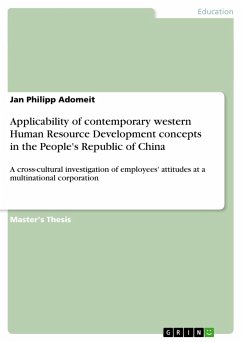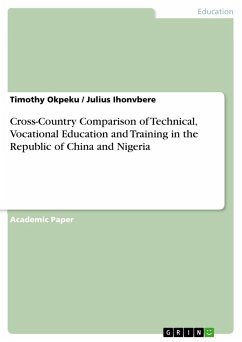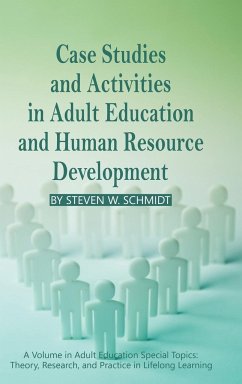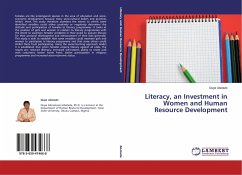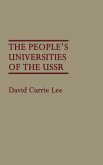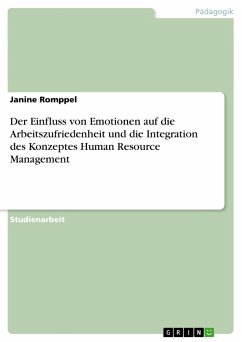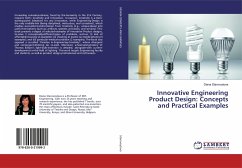Master's Thesis from the year 2010 in the subject Pedagogy - Adult Education, grade: A3, University of Edinburgh, language: English, abstract: The research literature and reports from human resource development practitioners often paint a picture of a Chinese culture of learning that is strongly guided by Confucian philosophy and has led to the firm establishment of an intensely lecture-focused educational environment in which the students are conditioned to be diligent, yet predominantly passive recipients of unquestionable wisdom and masters in the art of rote-learning. Contemporary human resource development concepts are quite contrarily based on a paradigm shift away from this traditional instructor-led approach to the creation of more learner-centred interventions which require the participants to be decisively more pro-active and critical in order to stimulate innovation and foster adaptability. The purpose of the research conducted for this dissertation was firstly to investigate the validity of these two claims by an analysis of the relevant literature and then attempt to answer the question whether a possibly resulting conflict can be identified in the attitudes and expectations of Chinese employees working at a multinational corporation in Northeast China. in order to make a tentative judgment on the general applicability of western HRD interventions, using the unit of analysis as an example. A cross-cultural survey was conducted to compare the characteristic values of Chinese employees in China with those of their non-Chinese counterparts working in Germany. The statistical analysis showed that although Chinese are significantly more open towards contemporary western HRD concepts than they might be expected to be, they clearly feature a preference for instructor-led training and a high degree of cultural conservatism -including a reluctance to criticise peers and trainerswhich might constitute serious obstacles on the path to a successful application of learner-centred methodology. This conclusion was furthermore verified by a qualitative interview conducted with the human resource manager at the unit of analysis. Based on these findings, suggestions to modify concepts and to sensitise trainers and trainees to the cultural implications of creating a novel educational environment are given, so that the benefits of learner-centred interventions can be combined with the preferences and strengths of Chinese learners.
Hinweis: Dieser Artikel kann nur an eine deutsche Lieferadresse ausgeliefert werden.
Hinweis: Dieser Artikel kann nur an eine deutsche Lieferadresse ausgeliefert werden.

